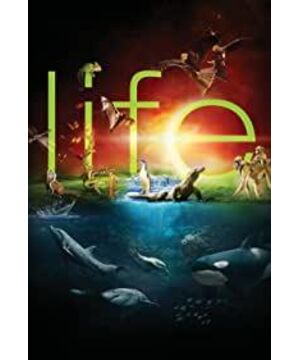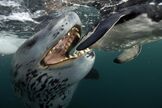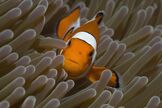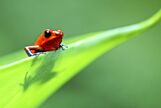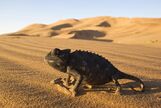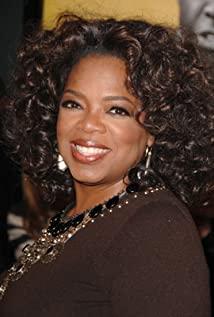Although this documentary is not long, there are 10 episodes of 48 minutes in total. I have also seen December intermittently since October. I finally finished the last episode today, and I feel a little ashamed.
First talk about the film itself, it is a series of biological documentaries produced by the BBC in 2009. It took four years to make and cost 10 million pounds. It is no exaggeration to say that this documentary is the highest quality biological documentary I have ever seen.
Why do you say that? Apart from the soundtrack and the capture of the pictures, I think the most unique thing to me is that the production team did not simply record the foraging, mating, reproduction and migration of various creatures, but from a very human perspective. To show the absolute protagonists: the Indonesian tarsier, which hunts at night, captures all the bells and whistles with its whole body in the dark night, and when it looks at the prey, it will be caught quickly and accurately. I don't know why this scene and the rendered atmosphere remind me of "The Grand Master", and when I return to the picture, I have a sense of Zen.
There are many similar scenes: bullfrogs dig trenches under the scorching sun to penetrate the life paths of the tadpoles; dolphins slap their tails on the seabed and slap their tails into circular barrier circles, and fish jumping into disputes; the bravest little penguin is the first Once in the water for food, it was difficult and risky to cross the heavy ice surface, but encountered a seal, and was bitten and thrown out again and again, leaving only a fragmented skeleton.
All creatures of nature follow an interlocking food chain, and no one can live in this world without thinking.
2020.12.26
View more about Life reviews


